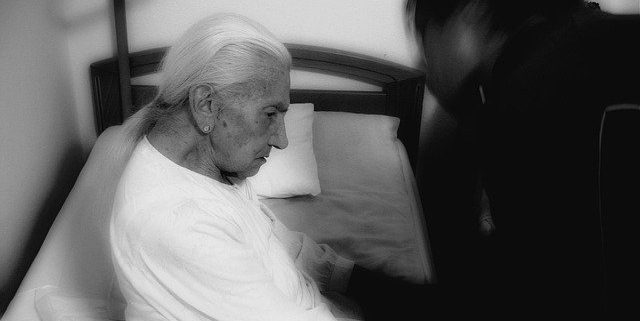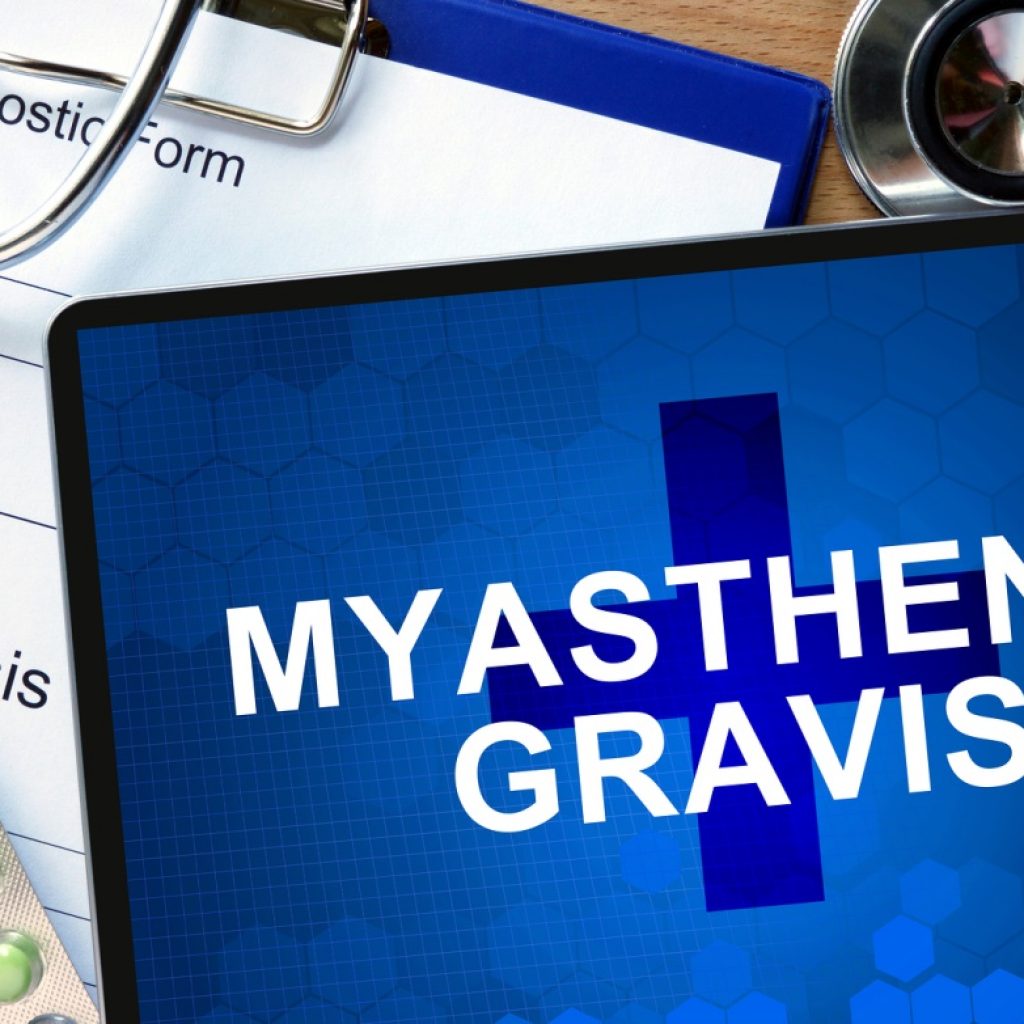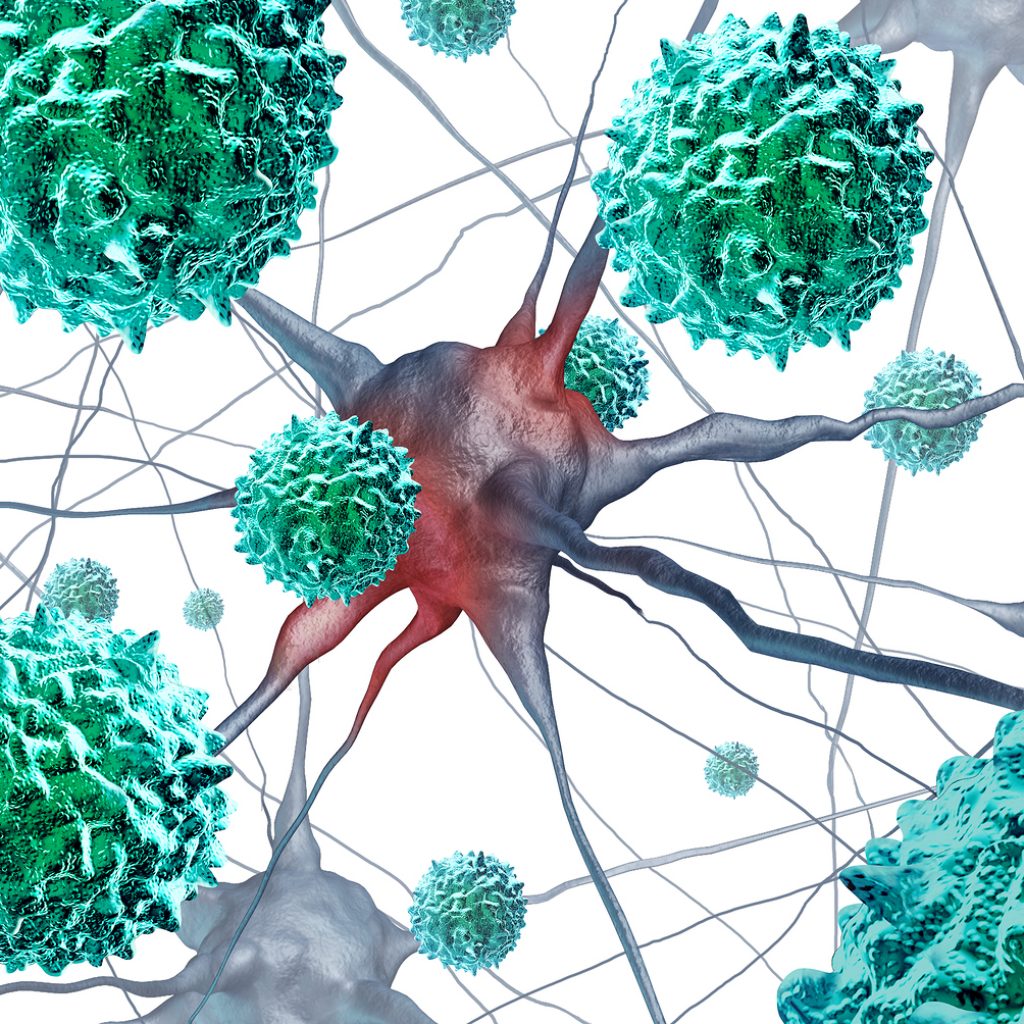Living with Alzheimer’s Disease
As we age one of the things many people frequently worry about is losing their memory and cognitive abilities. Dementia typically occurs in the elderly. The decline in mental ability for dementia includes forgetfulness, reduced reasoning skills, loss of memory and interference in daily functions. Alzheimer’s Disease is the most common form of dementia. It is an irreversible progressive disease that slowly destroys memory and thinking skills, and eventually even the ability to carry out the simplest of tasks. When living with Alzheimer’s Disease, the symptoms for most people first appear after age 60. At the first signs of dementia, a specialist in the field (a neurologist) should be seen for a diagnosis and treatment. Don’t suffer in silence! You will want to know if it is due to Alzheimer’s or not.
In coping with Alzheimer’s and living with the disease on a daily basis, it is important to remember that Alzheimer’s affects everyone living with and associated with the afflicted. It is helpful for caregivers to organize the day with a plan including time alone or in some activity both caregiver and the person for whom the plan is designed.
Before making a plan, consider:
- Who is best suited to provide care to the afflicted person, when will then do so and how often?
- The afflicted person’s strengths, abilities, likes, dislikes and interests.
- How did the afflicted person spend each day in the past?
- What time of day does the person function best?
- Allow enough time for completion of medications, bathing, dressing and eating.
- Try to establish regular times for waking up and going to bed.
Be proactive and take charge for as long as possible
An Alzheimer’s Disease diagnosis may occur while a person is already receiving care for another illness or disability. For someone who is independent, an Alzheimer’s diagnosis can be especially devastating. Concerns about the progression of the disease, the potential loss of dignity and financial concerns weight heavily on patients with this disease. Where there is time, patients are encouraged to take charge of their healthcare for as long as possible and plan for their long-term care needs. Making ones wishes known, putting legal documents together and designating a trusted family member or friend to help when needed eases the burden of the unknown. It may not make a big difference, but recommendations for living with the disease include:
- Get exercise
- Eat well
- Do brain puzzles
- Take medications as prescribed
- Try to stay positive and hopeful
- Complete a legal will and medical documents, including a living will and DNR and other wishes you should have in writing.
- Make plans for the future and communicate to family and friends your needs and desires now so that when you can no longer able to care for yourself and/or communicate they will know what to do.
- Seek help from local resources. For Loudoun County residents:
- the Area Agency on Aging lists information and available services.
- The Loudoun Senior Interest Network (LSIN) provides a directory listing of community and public services available to seniors in need.
- Neurology Associates maintains a list of national organizations that deal with Alzheimer’s Disease.
Seek out a neurologist for Alzheimer’s disease testing and treatment plans
Alzheimer’s is one of the unkindest of diseases. It is worth repeating — don’t suffer in silence. If you or a loved one is showing signs of dementia you will want to know if it is due to Alzheimer’s disease or not. Speaking with an experienced neurologist about symptoms, concerns and treatment options will help alleviate anxiety and help you determine next steps. Dr. Dulai of Neurology Associates has offices in Dulles and Leesburg and can assist you with diagnosis and treatment options.














